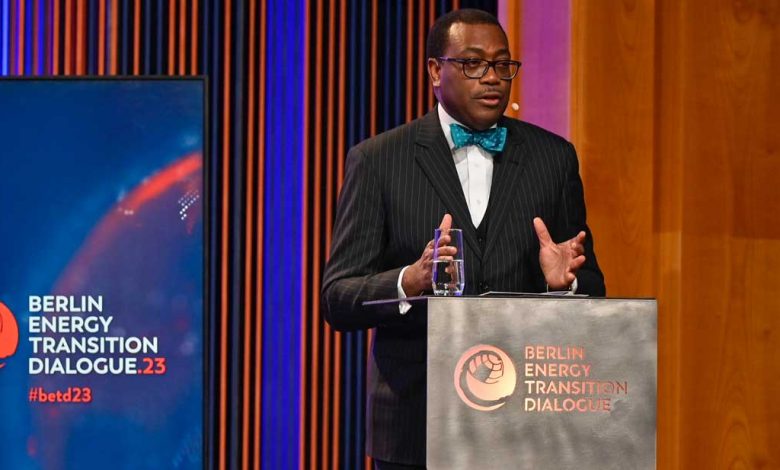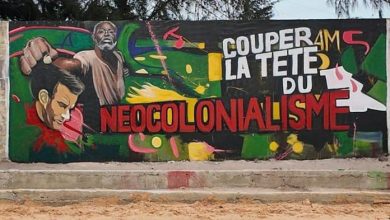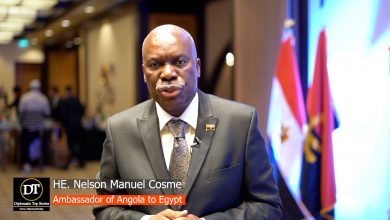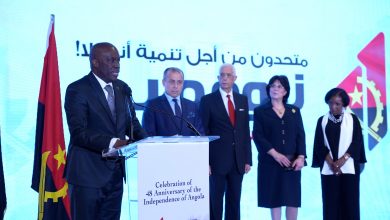Africa’s goal for universal electricity access for 2030: “The clock is running out,” says Adesina in Berlin | African Development Bank

Diplomat.Today
The African Development Bank
2023-03-30 00:00:00
——————————————-
Speaking at the Berlin Energy Transition Dialogue hosted by the German Federal Government, Adesina called on Germany to invest in a cleaner, better and more prosperous future for Africa. While Adesina underlined Africa’s tremendous success in becoming a global leader in sustainable development, Adesina highlighted the significant energy challenges that millions of Africans continue to face. By 2022, at least 600 million people would not have access to electricity and 970 million people would not have access to clean energy for cooking.
Adesina said that to achieve the United Nations’ Sustainable Development Goal 7 of affordable, reliable, sustainable and modern energy for all, the continent would need to connect 90 million people annually to electricity by 2030 and rid 130 million people of dirty cooking fuels each year. Recognizing the magnitude of the challenge, he noted that Africa’s energy transition would require an estimated $100 billion per year between 2020 and 2040.
Adesina said Africa’s significant reserves of cobalt, manganese and platinum could be used to build a robust manufacturing sector rather than just being exported as a raw material. Referring to Europe’s commitment to zero-emission vehicles, the bank president said: “Africa is a critical source of minerals and metals for clean energy value chains, including electric vehicles and utility-scale battery storage. Africa is therefore the perfect place to build lithium-ion batteries to power German cars.” The president also recognized green hydrogen as a low-carbon investment that helps build low-carbon economies.
As the African Development Bank spearheads efforts to unlock Africa’s vast renewable energy potential, with 86% of its power generation investment in renewables and a ban on coal energy projects, Adesina insisted that natural gas should be a critical part of Africa’s diversified energy mix to guarantee a secure energy supply for industries and homes.
“Africa should be given time to transition and use its natural gas resources as a transition fuel, just as is the case in Germany and Europe,” he said. Adesina said that while Africa will do everything it can to expand renewable energy use, the intermittent sources such as wind and solar made it impossible to guarantee security of supply. “Natural gas is therefore an important part of the energy mix to ensure security of supply and crucial for Africa,” said Adesina.
The annual Berlin Energy Transition Dialogue is a joint initiative of the German Renewable Energy Federation, the German Solar Association, the German Energy Agency and the consultancy eclareon. The forum attracts a wide range of prominent participants from the energy sector, including policy makers and representatives from industry, academia and civil society. It provides a platform for discussion of experiences and ideas about a safe, affordable and environmentally responsible global energy transition.
Other speakers included Kenyan President William Ruto and German Foreign Minister Annalena Baerbock. President Ruto urged the public to “rise up the challenge of true partnership” to tackle the climate crisis and break the cycle of dependency that has plagued Africa for decades. Baerbock said in her opening statement that the energy transition is “first and foremost about our security”. “Global security depends on getting away from fossil fuels,” said Minister Baerbock.
——————————————-



